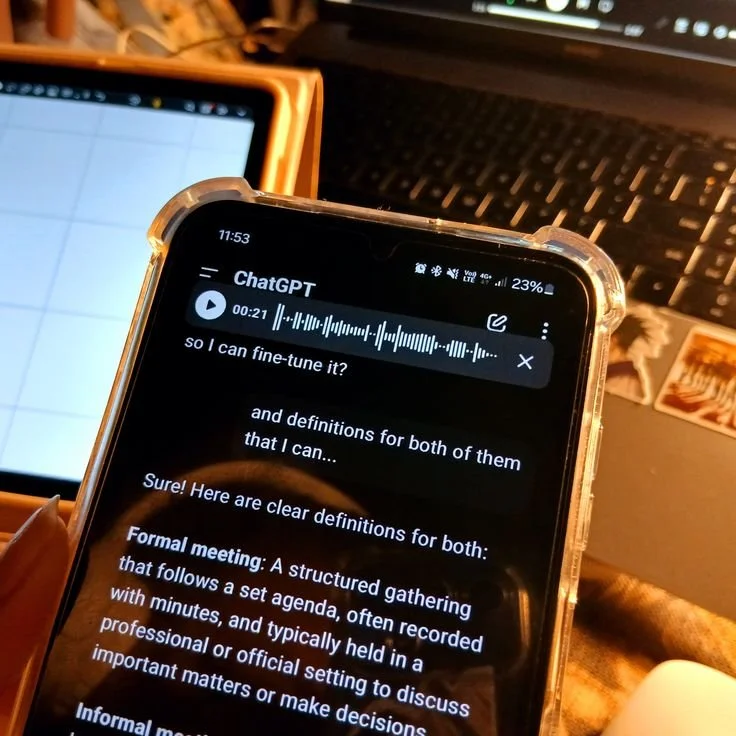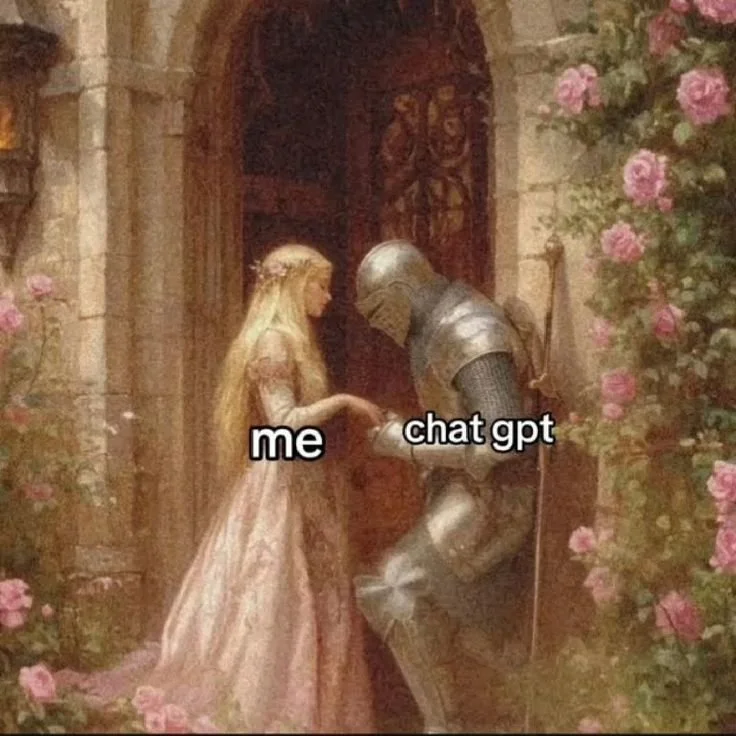Critical Thinking Is Dying and ChatGPT Is Holding the Knife
We traded curiosity for convenience, and it is costing us our minds.
Written by Lara Sayess, edited by Eliza Plunkett
For generations, education has prided itself on more than just memorising facts, but also the ability to think critically, to ask questions, to weigh arguments, and to sit with uncertainty. That habit is now slipping away, and the culprit is not ignorance, but convenience.
ChatGPT and similar tools offer a sense of quick clarity on demand. They generate paragraphs that flow, essays that read well, and convincing arguments. But fluency is not the same as thought. By outsourcing our thoughts to a machine, we risk losing the very skill education was meant to protect: critical thinking.
The seduction lies in how polished it seems. ChatGPT produces sentences with an authoritative sound, as if written by an expert. But it is not thinking; it is recycling patterns. As Which? put it in 2023, ChatGPT “does not ‘know’ anything; all it can do is put words one after another that make sense.” It cannot wrestle with contradictions, test evidence, or question whether its own assumptions are flawed. Yet the smoother the answer, the easier it is for us to mistake fluency for wisdom. And when the response looks finished, why bother with the hard work of thinking at all?
The effects of this new age are already evident. Students submit AI-written essays, and workers utilise AI to draft reports. The tasks get done, but the thinking disappears. Writing has never just been words on a page; every sentence written forces you to decide what you believe, what matters, and what you are willing to argue for. If a machine takes that role, what happens to our power of thought? We risk a culture fluent in words, but empty of thought. The cost is not only intellectual but also environmental. According to Earth.org, ChatGPT emits an estimated 8.4 tons of carbon dioxide per year, more than double the average 4 tons emitted by an individual.
The deepest loss in this digital age is the death of the “why”. ChatGPT can tell you what something is. It can summarise, define, and explain. But ask it why inequality persists, why we keep repeating the same mistakes, or why art matters in the first place, and it will fall silent or offer bland answers. As MIT News reported from a Media Lab study, ChatGPT users “showed minimal brain engagement” and “fell short in neural, linguistic, and behavioural aspects” compared to people who thought for themselves. These are not questions with clear or correct responses, and that is exactly why they matter. Critical thinking lives in the “why”. If we stop chasing it, we are left with polished words with nothing underneath.
The real danger lies not in the tool, but in us. Too often, we surrender the effort of thinking. ChatGPT could be used as a sparring partner, something to question and push against. Instead, we often let it become an authority. We mistake fluency for insight and quietly accept the convenience. Critical thinking has never claimed to be convenient. It is friction. It is doubt. It is the discomfort of questions that refuse simple answers. To keep it alive, we must turn away from easy comforts and keep pressing into the difficult questions. If critical thinking fades in the age of ChatGPT, it will not be because the machine destroyed it, but because we let it go without a fight.




